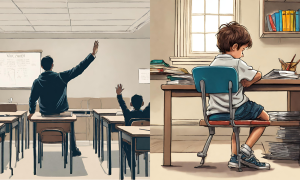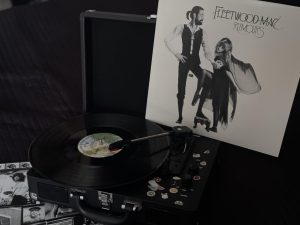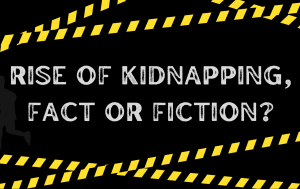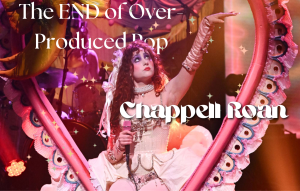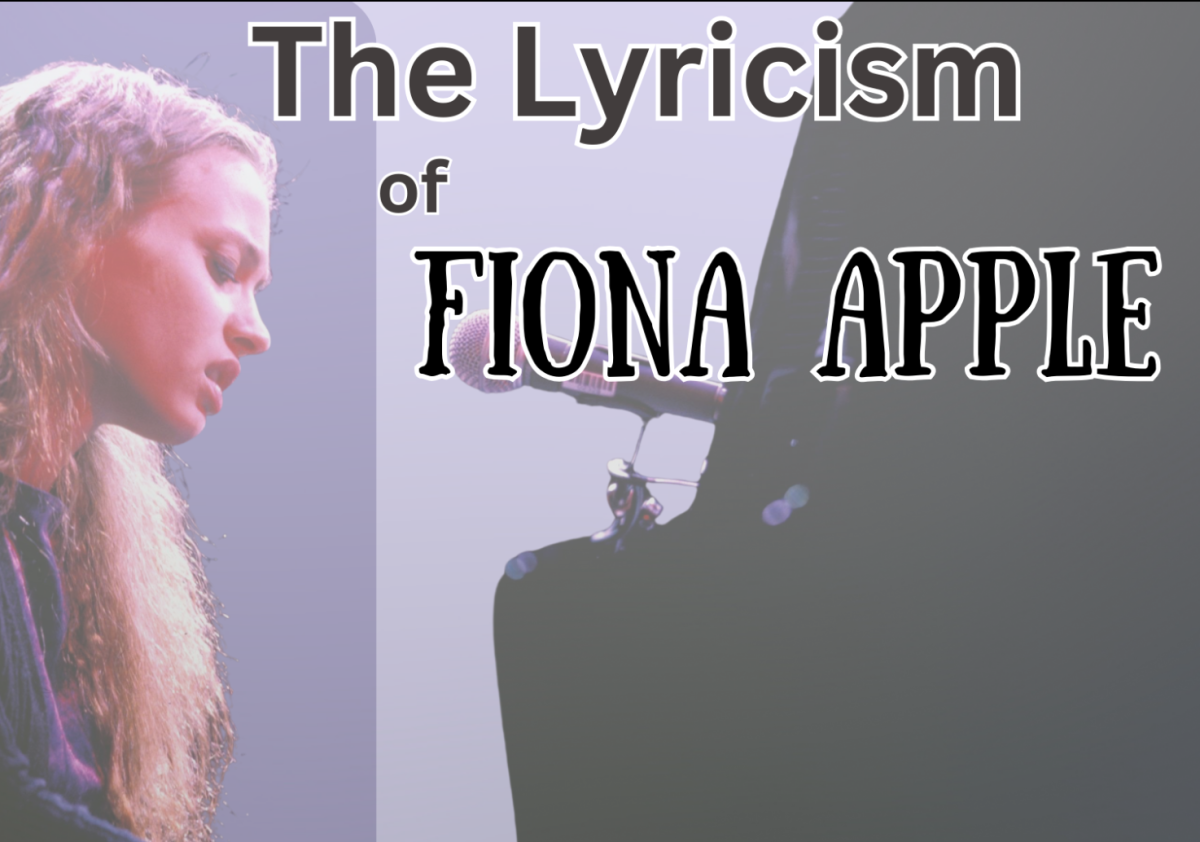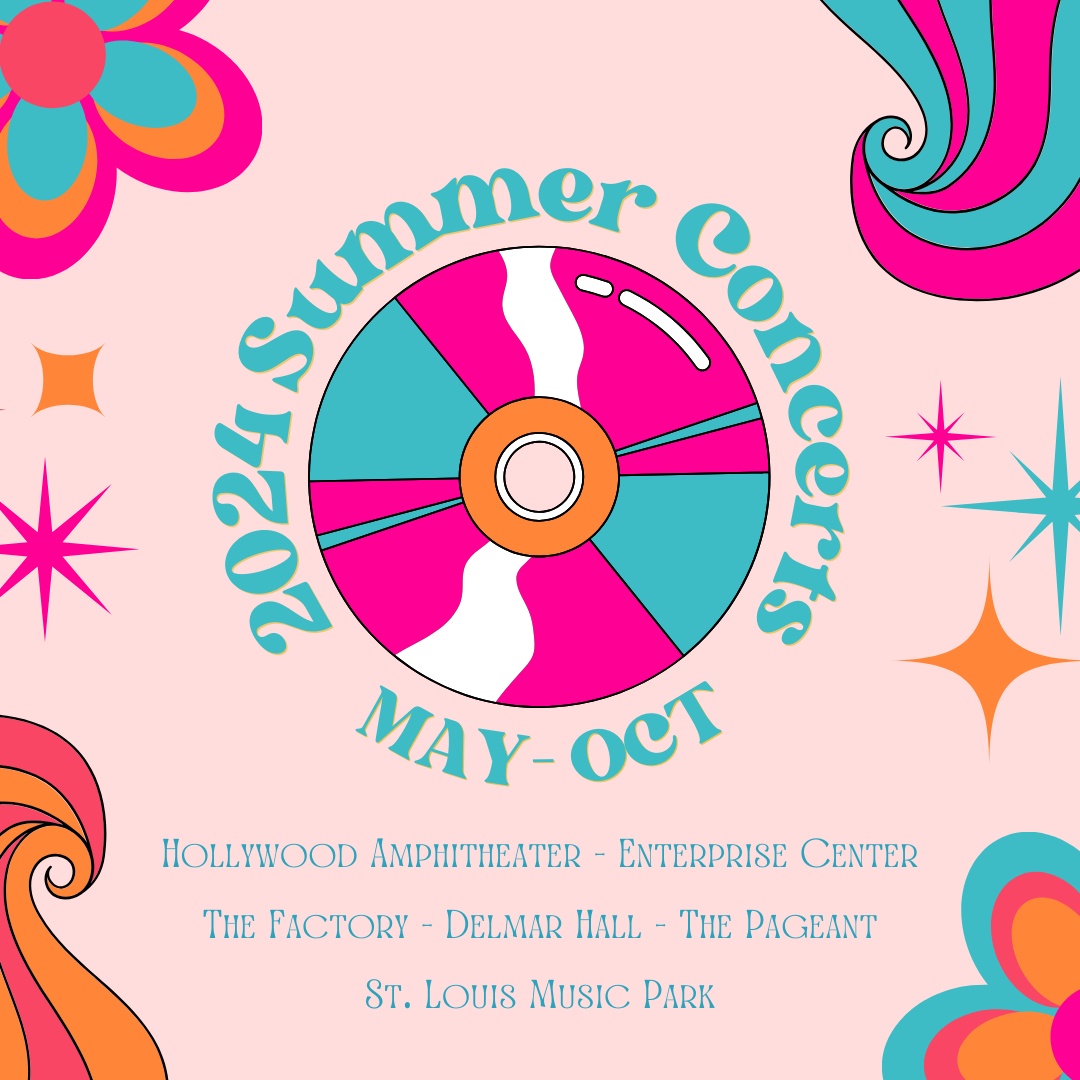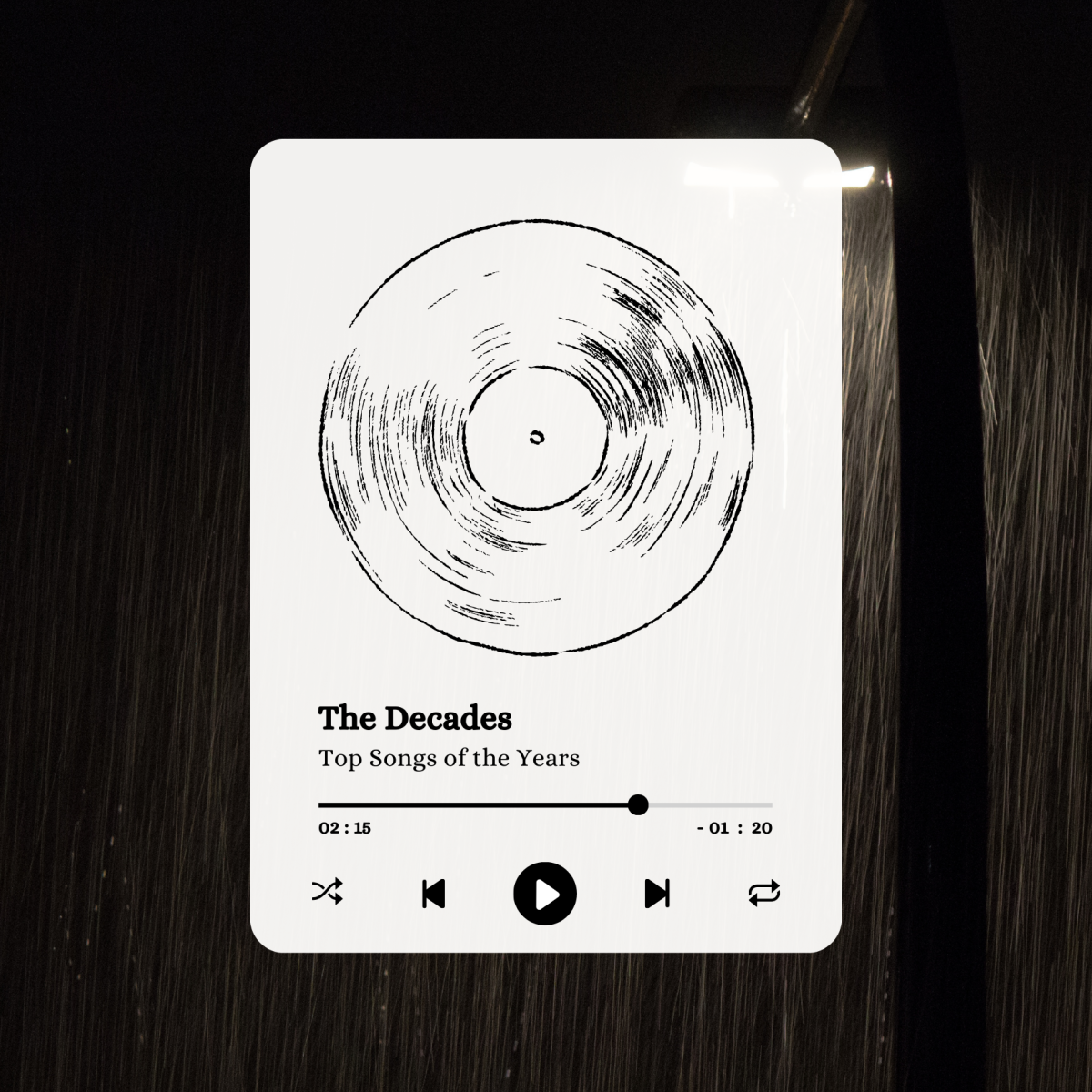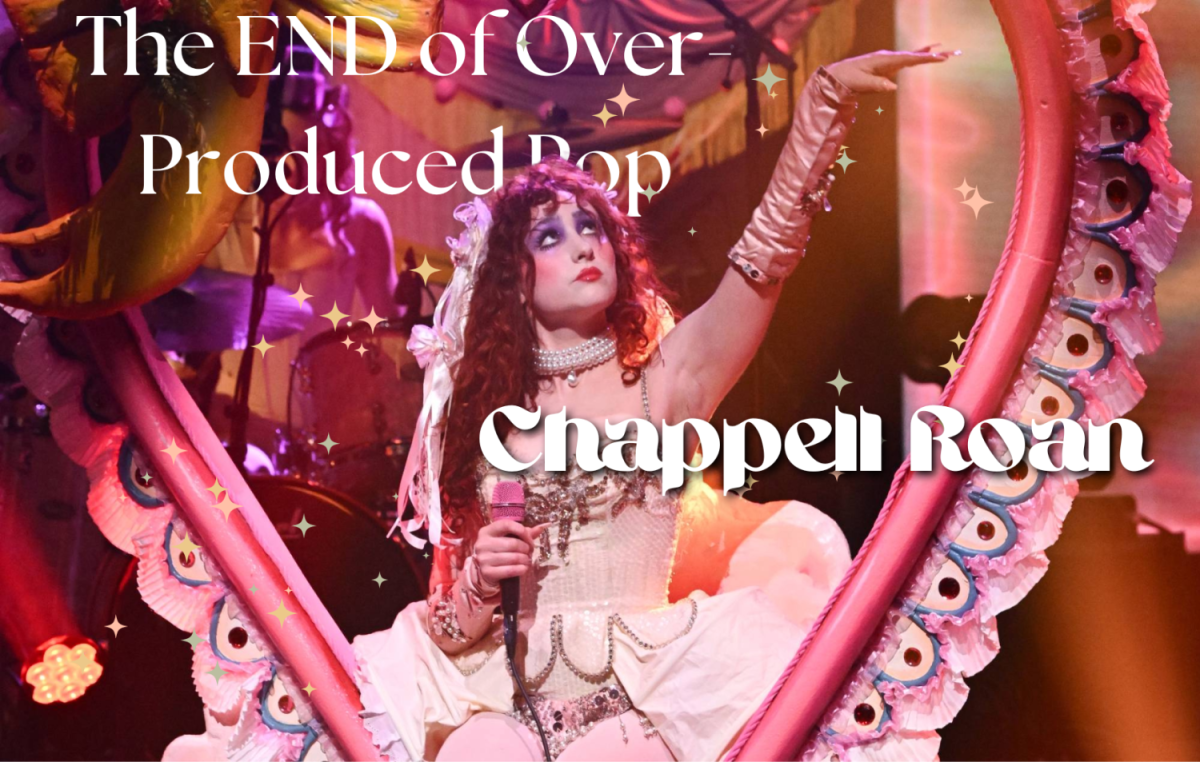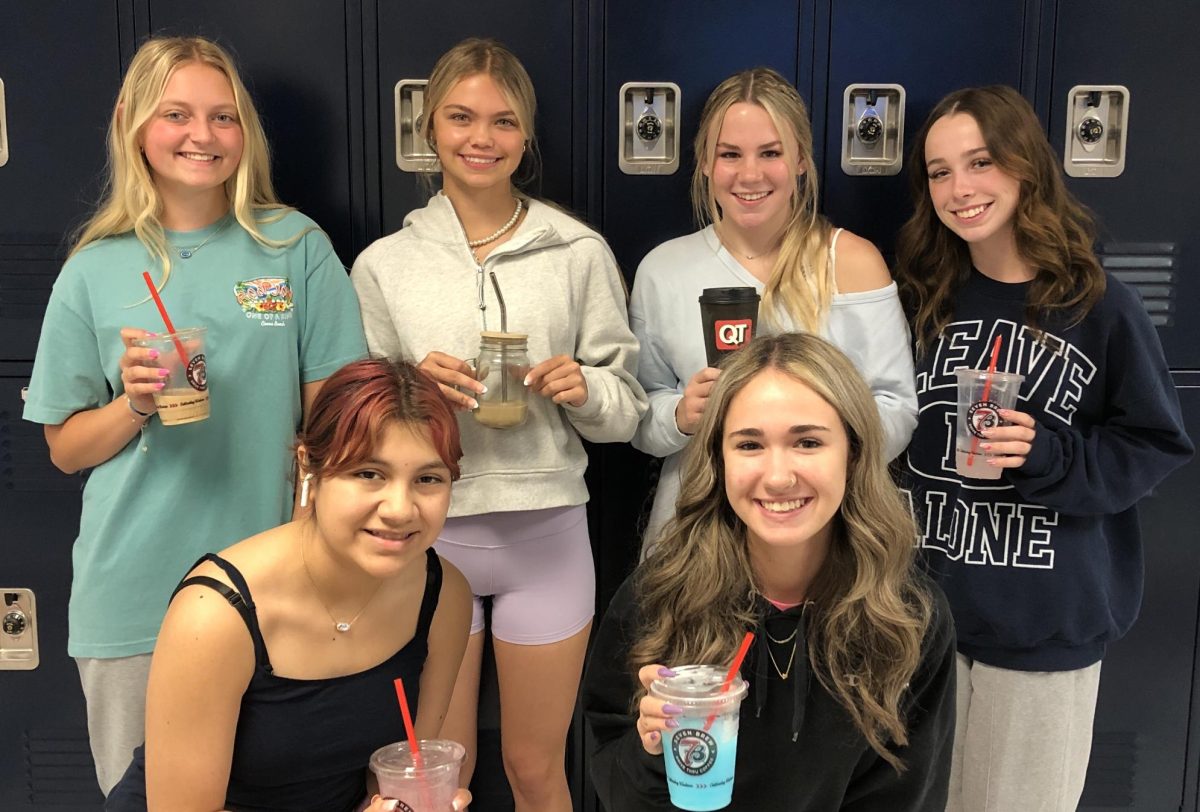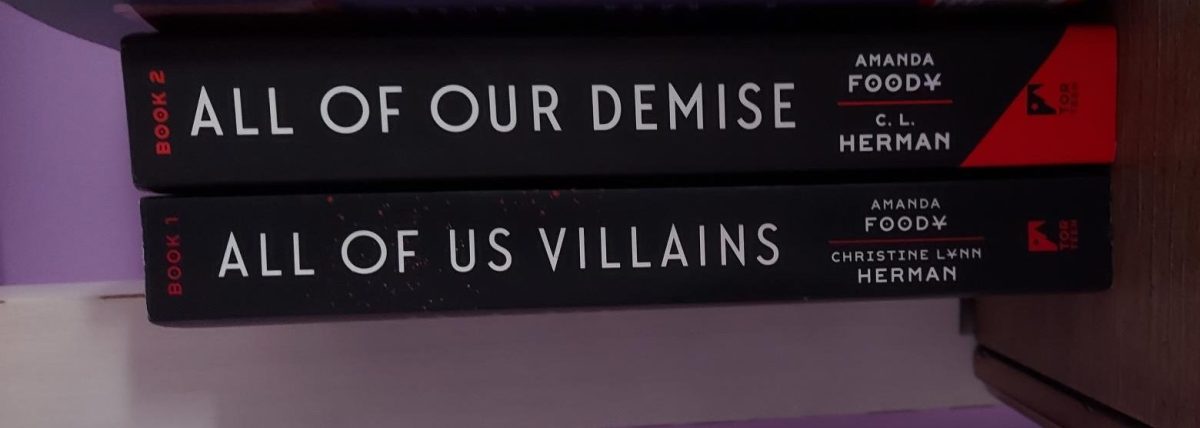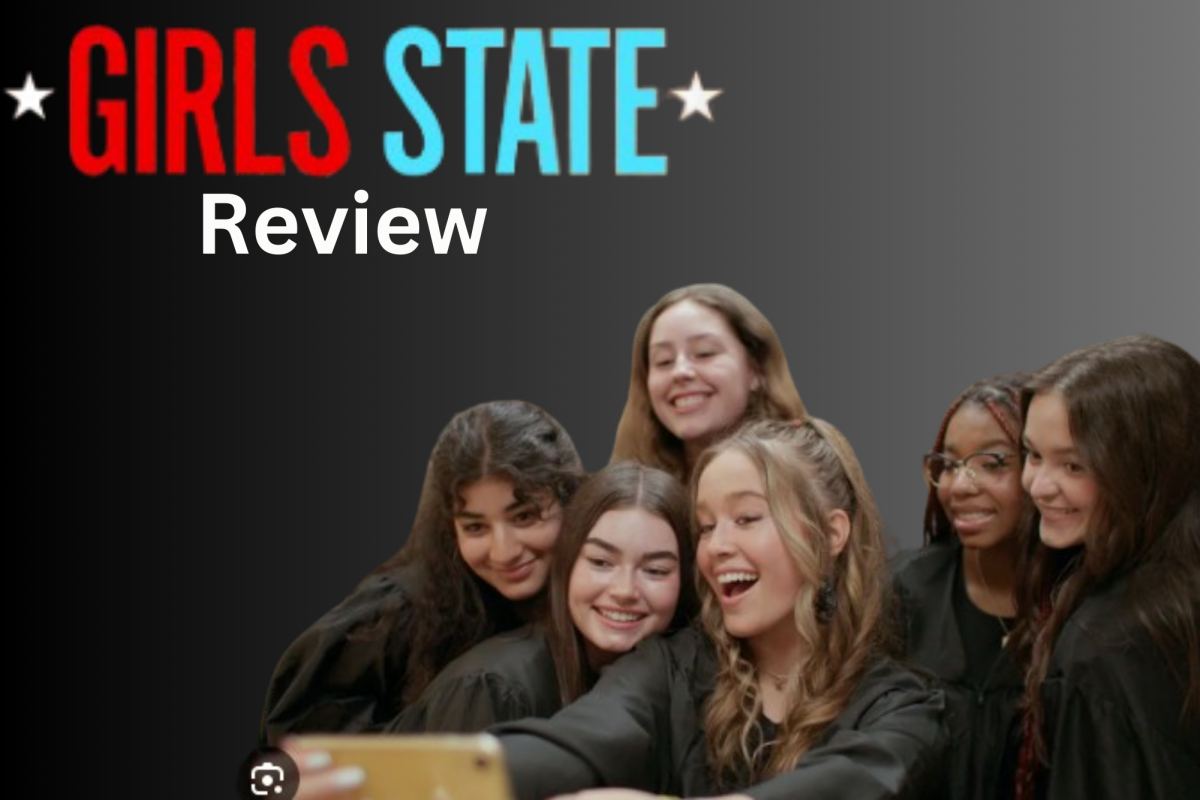In a world of contemporary music, there are certain artists who stand out due to their ability to reach into the depths of human emotion with incredible lyrics. Fiona Apple, a name well-known by fans of alternative music, is the voice of women all around the world, angered by the silence they are forced into.
Apple manages to weave intricate tales of love, pain, resilience, and self-discovery through her words and voice. From her debut album “Tidal” to the more recent “Fetch the Bolt Cutters,” her words resonate with a raw authenticity that puts the complexities of a woman’s emotions on display.
This mind, this body, and this voice cannot be stifled by your deviant ways. So don’t forget what I told you, don’t come around. I got my own hell to raise
— Fiona Apple (Sleep to Dream)
Apple is able to explore vulnerability and present her innermost thoughts in her music, evident since the very beginning of her career. “Sleep to Dream,” a song from her debut album “Tidal,” showcases her rage, and states that she is not going to be silenced. Apple wrote this song at the age of 14, yet still managed to write with power and skill. This song truly set a precedent for the rest of her career, with many of her later songs following similar themes.
One of the most apparent aspects of Fiona Apple’s lyrics is the description of love and its complexity. In “I Know,” she sings, “And if it gets too late, for me to wait for you to find you love me, and tell me so, it’s okay, don’t need to say it,” describing the enduring nature of love. Conversely, “Paper Bag” reveals anger and heartbreak. She writes “Hunger hurts, and I want him so bad, oh, it kills,” and “Starving works when it costs too much to love.”
From the painful yearning expressed in “I Know,” to the reflections of a past relationship in “Paper Bag,” Apple captures the spectrum of painful romantic experiences. Her words are not confined to the conventional break-up song; instead, they unearth the tragedy of heartbreak.
I’d like to buy you a pair of pillow-soled hiking boots, To help you with your climb, Or rather, to help the bodies that you step over, along your route, So they won’t hurt like mine
— Fiona Apple (Under the Table)
But love is not the only thing Apple writes about. A key part of her songs is the rage she sings with. Even her voice, raw and from her chest, paints a picture of fury. In “Under the Table,” she answers societal expectations with defiance, singing, “Kick me under the table all you want, I won’t shut up.” and “If you get me to go, and I open my mouth to the f***ing mutton that they’re talking about you can pout, but don’t you… shush me.” The annoyance in her voice and the rebellious tone of the music embody the frustration of women whose opinions are ignored. Through this song she reaffirms that no man will ever silence her, and that women should continue to speak their minds.
“Newspaper” serves as a testament to all the women who have been hurt by the same man. Apple’s lyrics dissect the nature of these men, telling lies in order to harm more women. She writes “I wonder what lies he’s telling you about me to make sure that we’ll never be friends. And it’s a shame, because you and I didn’t get a witness, we’re the only ones who know we were cursed the moment that he kissed us.” Here, Apple uses her words to bring women together in the face of manipulation. The music becomes a vehicle for reclaiming personal autonomy and protecting fellow women.
One of Fiona Apple’s most emotional songs, “Daredevil” channels the want to be noticed. Apple describes the need to receive affirmation from men, a requirement women are conditioned into. “Seek me out. Look at, look at, look at me. I’m all the fishes in the sea,” Apple screams. The aggressive and harsh singing juxtaposes the begging words she’s using. Her anger is fueled by the belliting need for male validation. She wants to be heard and seen, she wants to be sought out.
Fiona Apple’s lyricism is a testament to the transformative power of words in music. Her ability to express vulnerability, navigate the intricacies of heartbreak, and paint vivid emotional landscapes of anger sets her apart as a true artist. She has been and will continue to be the voice of women who are unable to put their feelings and thoughts into words.


